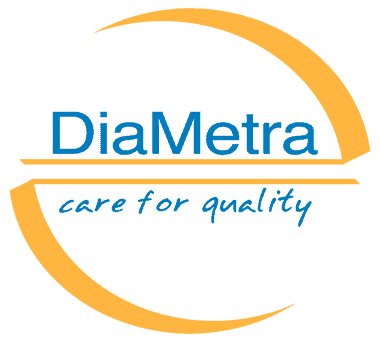The thyroid hormone, triiodothyronine (T3), is produced by the thyroid gland. An important component in the synthesis is iodine. Thyroxine is converted to the active T3 (three to four times more potent than T4) within cells by deiodinases (5′-iodinase). Thyroxine-binding globulin (TGB) is the major carrier protein for circulating thyroid hormone. Only a very small fraction of the circulating hormone is free (unbound) 0.3%; this fraction is biologically active. Thus, measurements of free triiodothyronine concentrations correlate more reliably with clinical status than total triiodothyronine levels. For example, the increase in total triiodothyronine levels associated with pregnancy, oral contraceptives and oestrogen therapy result in higher total T3 levels while the free T3 (FT3) concentration remains basically unchanged.
The concentrations of the carrier proteins are altered in many clinical conditions, such as pregnancy. In normal thyroid function as the concentrations of the carrier proteins alters, the total triiodothyronine level changes so that the free triiodothyronine concentration remains constant. The binding of T3 plays a key role in the feedback control of the thyroid, with FT3 acting on the pituitary to inhibit thyroid hormone secretion. The thyronines act on the body to increase the basal metabolic rate, affect protein synthesis and increase the body’s sensitivity to catecholamine (such as adrenaline) by permissiveness. The thyroid hormones are essential to proper development and differentiation of all cells of the human body. These hormones also regulate protein, fat, and carbohydrate metabolism, affecting how human cells use energetic compounds.
Numerous physiological and pathological stimuli influence thyroid hormone synthesis. Thyrotoxicosis or hyperthyroidism is the clinical syndrome caused by an excess of circulating free thyroxine, free triiodothyronine, or both. Both T3 and T4 are used to treat thyroid hormone deficiency (hypothyroidism). Since conditions such as pregnancy, oestrogen therapy and other non-thyroid factors alter TBG concentrations, assessment of thyroid function through total T3 measurement may result in an erroneous diagnosis, because FT3 levels, are unaffected by binding protein changes.

